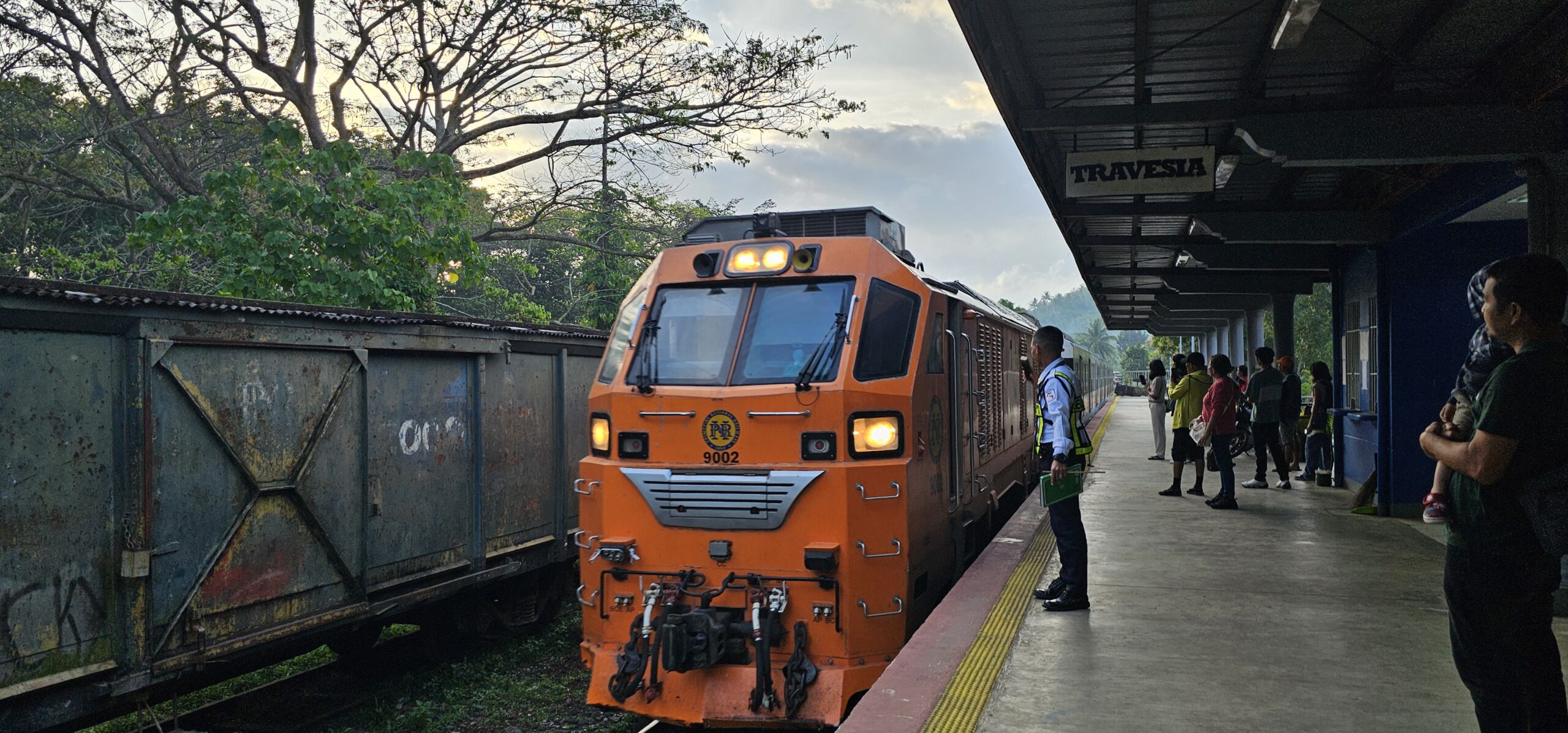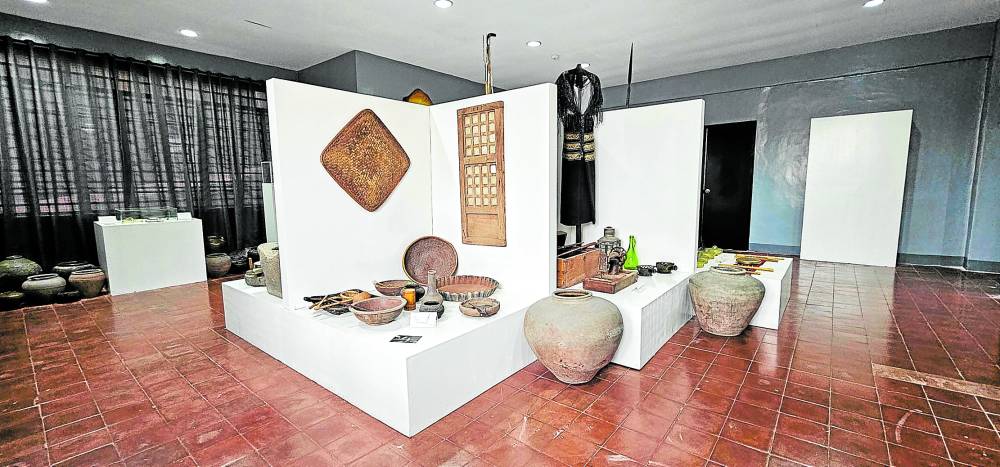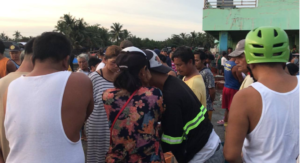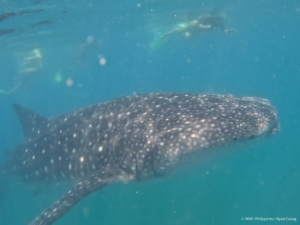PNR to close unauthorized train crossings in Bicol over safety concerns
NOTE: This news was first published by the Philippine Daily Inquirer.
NAGA CITY – The Philippine National Railways (PNR) is set to close unauthorized crossings traversing the train route between Naga City in Camarines Sur and Legazpi City in Albay following a series of incidents that killed at least one person in the Bicol region, its officials said on Thursday.
At a press briefing, Jaypee Relleve, manager of the PNR Engineering Department, said they have so far closed four unauthorized crossings—two in Albay and two in Camarines Sur—and would soon be closing five more.
“Last week and this week, we have taken action and closed some of the crossings. Actually, we have closed four,” Relleve said during Thursday’s press briefing in this city.
Data from the PNR showed that there are 89 authorized and 75 unauthorized crossings in Bicol.
The four unauthorized crossings were among the 75 that the PNR would close. However, Relleve said they were now prioritizing those that they identified as the most dangerous crossings.
There was no timetable yet when all the unauthorized crossing or intersections would be shut down.
He explained that before they would close the crossings, the PNR would coordinate first with the villages and the local government units.
“The purpose is to ensure the safety of the passing train and avert any accident involving any vehicle, motorcycles, and pedestrians,” Relleve said.
Celeste Lauta, PNR’s general manager, said that unauthorized crossings are those built by residents or communities closely to railways without permission from the state-owned railway company.
Residents along the railways between Albay and Camarines Sur have become used to crossing the railways without safety concerns since the rails had long been unused until in December last year, when the train route was reopened by the PNR.
Manning
The 101-kilometer Naga-Legazpi route, with 15 stations and pit stops in between, was reopened by PNR on Dec. 27 last year after a six-year closure. The route was closed in April 2017 due to a shortage of train coaches at locomotives, the PNR said.
Relleve explained that the number of guards at the crossings depends on the classification of the crossings.
He said their guidelines determine whether signage or crossing barriers are put in place.
“This is also based on the traffic count on the roads. In areas with less traffic, signage is put in place,” Relleve said.
He noted that in areas with lighter traffic, signage is sufficient but as traffic increases, barriers become necessary, especially automated barriers in locations with heavier traffic.
Accidents
If traffic is heavy, either the train is elevated or the train is underground, “something those in the engineering field call grade separation,” Relleve stressed.
Since the start of this year, at least 18 train accidents were recorded involving vehicles and pedestrians along Naga to Legazpi route.In July, one person was killed when a van crossed the railway and was dragged for almost 28 feet by the train along an intersection in Barangay Gapo of Daraga town in Albay.
According to Lauta, the classification of the road intersection in Gapo is under discussion, but the intersection is an unauthorized crossing.
“We understand that it is a major pass-through already. That is why (its closure) is still under evaluation,” Lauta said.
The intersection in Gapo is a common shortcut for vehicles heading to the Bicol International Airport, which is also located in Daraga.
Aside from these incidents, 13 side-swiping incidents were also recorded, according to Wendell Mark Chua, officer-in-charge of the Train Control and Terminal Operations Division of the PNR.
Sideswiping incidents were those recorded outside road crossings, Chua said.
Eight were injured in these incidents, while five were killed.
The PNR has also recorded stoning incidents when the train passes and expressed regrets that these are still happening.
“Even before, when we started out, every time we passed by, we’re pelted with stones. It pains us to hear that because the train was here first. What’s disheartening is that it feels like we’re the ones trespassing, when in fact, that is PNR’s right of way,” Lauta said.
Share this news:
Want us to know about an upcoming event in your area? You can contact us here.
What to get updated about events and news like this? Sign up for an email blast here.






Post Comment